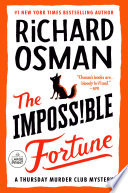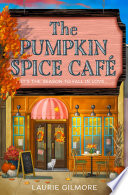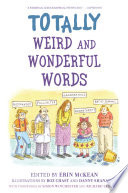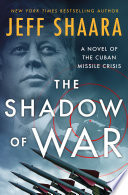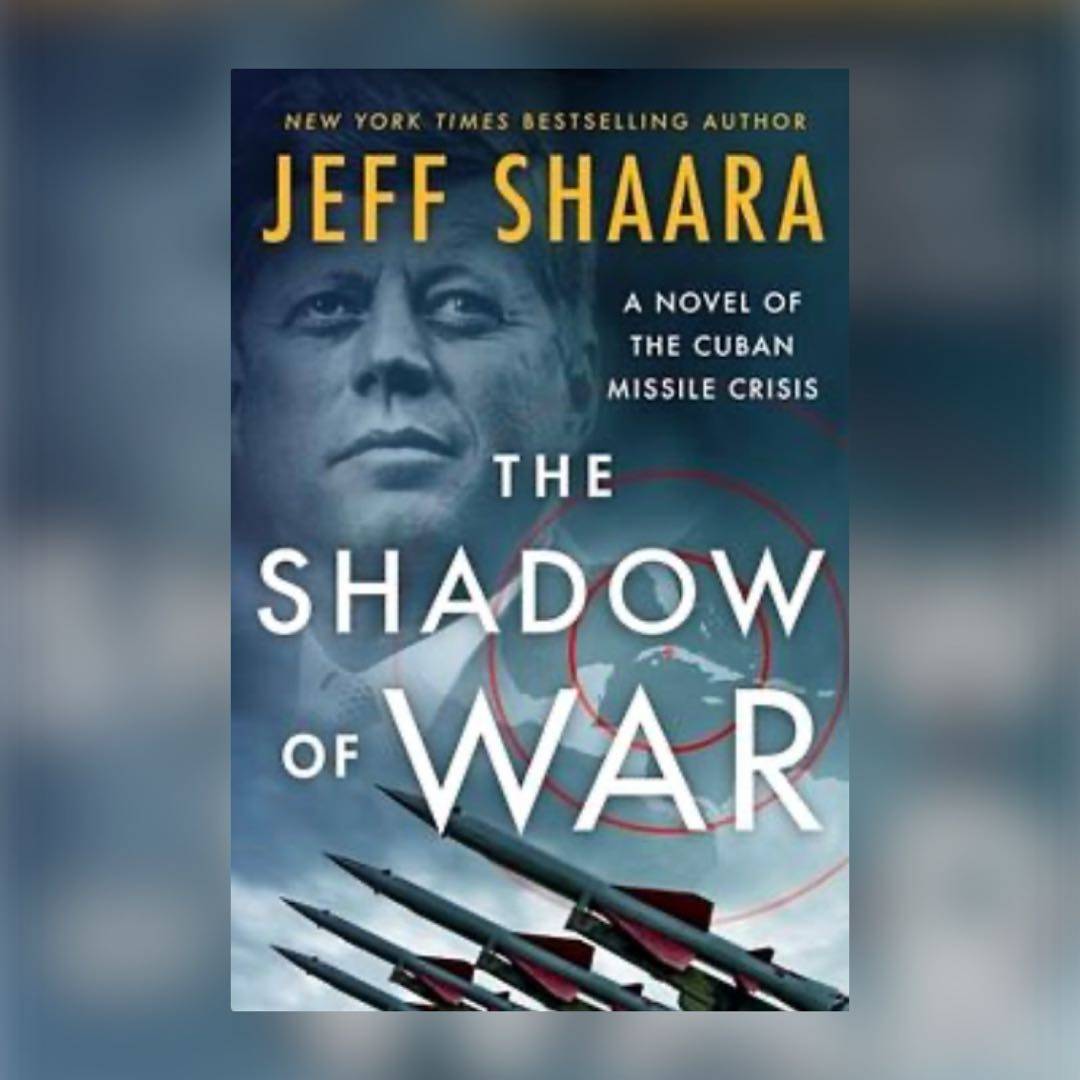
This is clearly a meticulously researched novel. The history here is fascinating and I loved the insights into the minds of Kennedy and Khrushchev, and the behind the scenes diplomatic procedures. However, this was more like reading a textbook than a novel - dry and without emotion. As history, this is excellent. As a novel, I think it struggles. It lacked the sense of urgency I expected from a Cuban Missile Crisis narrative.
48 likes







